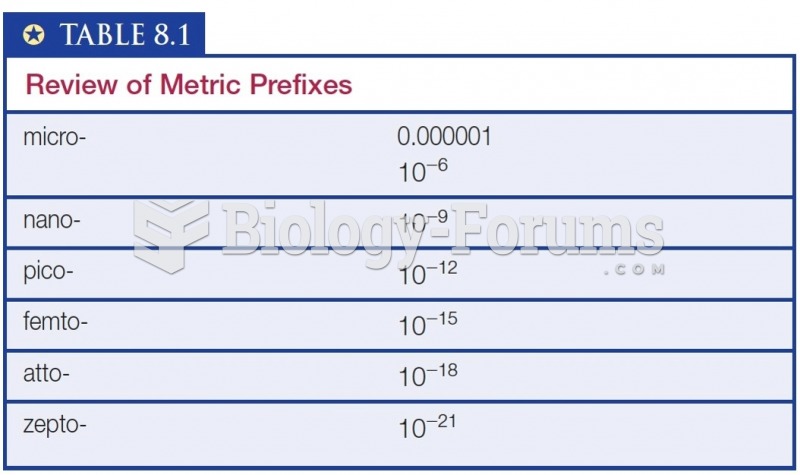Answer to Question 1
ANS: A, B, C, D
For most course papers, instructors expect students to review published sources related to the paper's topic. Evidence-based practice guidelines are developed through the synthesis of the literature on the clinical problem. The purpose of the literature review designed to examine the strength of the evidence is to identify all studies that provide evidence of a particular intervention, to critically appraise the quality of each study, and to synthesize all of the studies providing evidence of the effectiveness of a particular intervention. The purposes for reviewing the literature for ethnographic studies and for exploratory descriptive qualitative research are more similar to the literature review for quantitative research. The researcher develops a general understanding of the concepts to be examined related to the selected culture or topic. The literature review also provides a background for conducting the study and interpreting the findings. The focus of the major literature review at the beginning of the research process is to identify a gap in what is known.
Answer to Question 2
ANS: A, C
In qualitative research, the purpose and timing of the literature review depends on the type of study to be conducted. Some phenomenologists believe the literature should not be reviewed until after the data have been collected and analyzed so that the literature will not interfere with the researcher's ability to suspend what is known and approach the topic with openness. In development of a grounded theory study, a minimal review of relevant studies provides the beginning point of the inquiry, but this review is only a means of making the researcher aware of what studies have been conducted. This information, however, is not used to direct the collection of data or interpretation of the findings in a grounded theory study. During the data analysis stage, a core variable is identified and the researcher theoretically samples the literature for extant theories that may assist in explaining and extending the emerging theory. In historical research, the initial review of the literature helps the researcher define the study questions and make decisions about relevant sources. The data collection is actually an intense review of published and unpublished documents that the researcher has found. The purposes for reviewing the literature for ethnographic studies and for exploratory descriptive qualitative research are more similar to the literature review for quantitative research. The researcher develops a general understanding of the concepts to be examined related to the selected culture or topic. The literature review also provides a background for conducting the study and interpreting the findings. The review of literature in quantitative research directs the development and implementation of a study. The focus of the major literature review at the beginning of the research process is to identify a gap in what is known.







